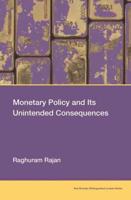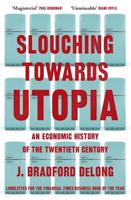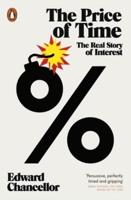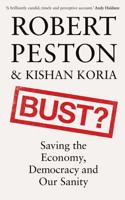Publisher's Synopsis
Excerpt from An Analysis of the Effects of the Processing Taxes Levied Under the Agricultural Adjustment Act
The collection and use of processing taxes as conceived under the Agricultural Adjustment Act involve two separate and distinct questions: (1) The effects on processors, distributors, consumers, and producers of the collection of processing taxes and the distribution of funds so obtained in the form of benefit payments to farmers, and (2) the effects on these same groups of the production-adjustment programs in which farmers participated upon the partial inducement afforded by the benefit payments. Processing taxes might be collected, and benefit payments made, without any resort to production adjust ment; and adjustment programs might be conducted and financed Without resort to processing taxes.
This report deals only with the first of the above questions, which includes (a) the extent to which the processing taxes were absorbed by processors and distributors as a whole, or paid by consumers as an addition to prices that they would have paid had there been no process ing taxes, or by producers through a reduction in prices below what they would have been if the program had been financed by means other than the processing tax; and (b) the extent to which rental and benefit payments to producers affected their income, aside from any effects of production adjustment upon farm prices and income. Therefore, the analysis is not intended or adapted for use as an appraisal of the effects, advantages, or disadvantages of the production adjustment programs as a whole.
About the Publisher
Forgotten Books publishes hundreds of thousands of rare and classic books. Find more at www.forgottenbooks.com
This book is a reproduction of an important historical work. Forgotten Books uses state-of-the-art technology to digitally reconstruct the work, preserving the original format whilst repairing imperfections present in the aged copy. In rare cases, an imperfection in the original, such as a blemish or missing page, may be replicated in our edition. We do, however, repair the vast majority of imperfections successfully; any imperfections that remain are intentionally left to preserve the state of such historical works.








